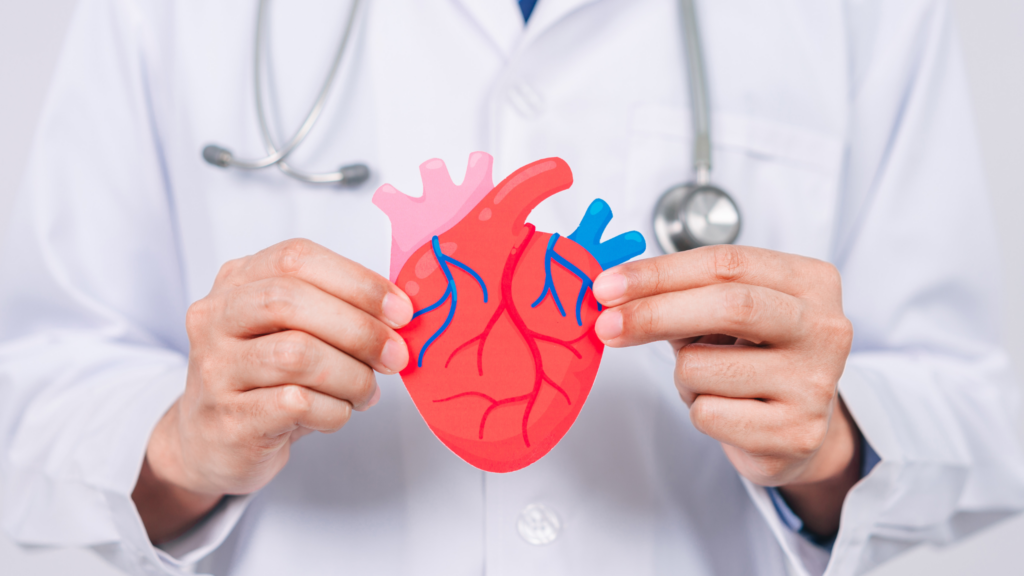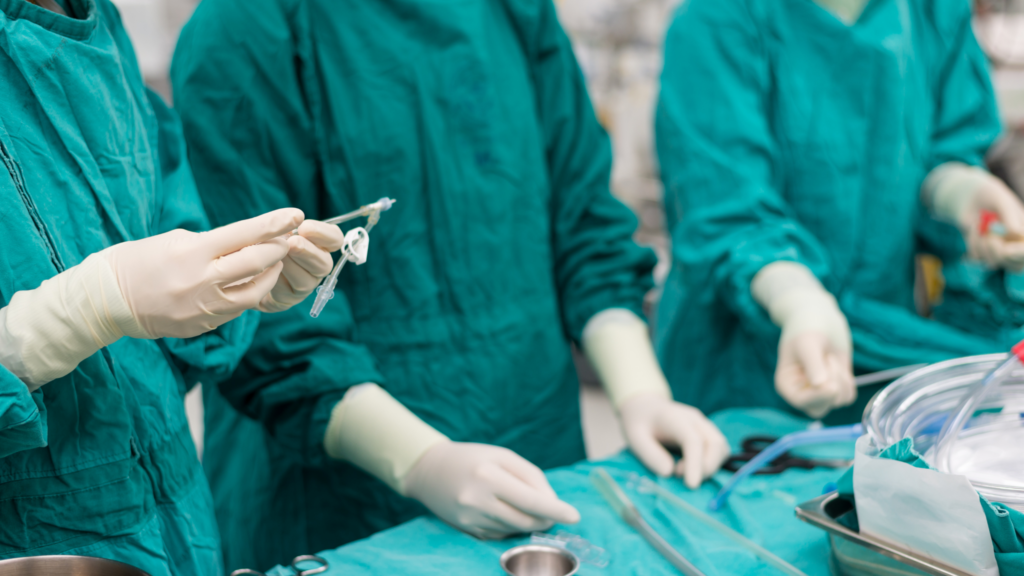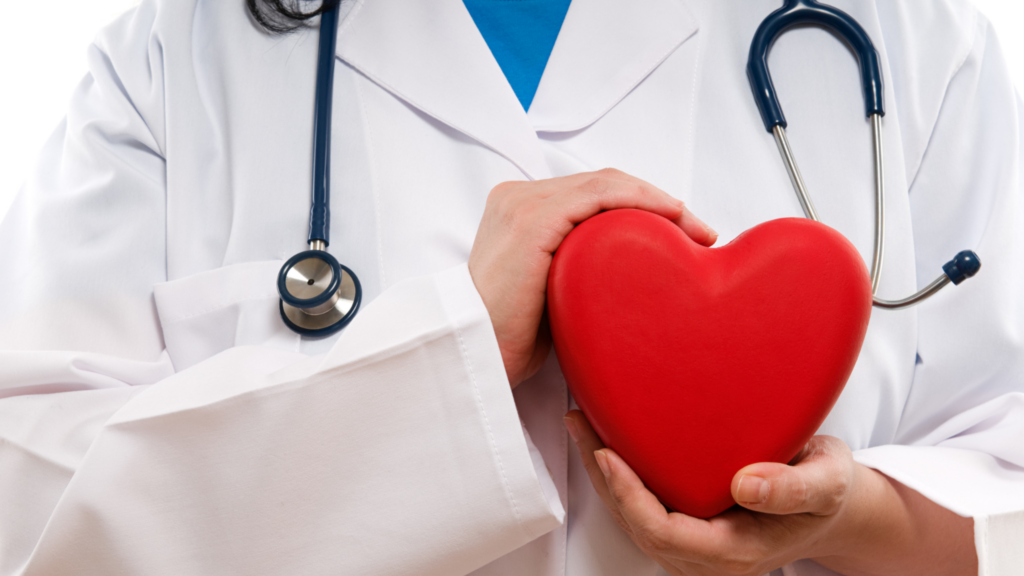
Having to go through open heart surgery is not easy. What happens during the surgery? How do you prepare? What should you eat, and should you exercise after open heart surgery? The process might be overwhelming for many people. However, by knowing what to expect and how to care for yourself after the surgery, the recovery journey will seem easier. If you or a loved one is going to undergo surgery and wants to make the healing process as stress-free as possible, here’s what you need to know:
Open heart surgery is a complex procedure that requires careful preparation. If you or a family member is scheduled for an operation, you need to understand the steps involved in the process.
Your doctor should give you detailed instructions on how to prepare for the surgery. This will be different depending on your unique circumstances and may include imaging scans and blood tests. You may also have to take certain medications leading up to the surgery.
Other things you should plan ahead of time include:
When in the hospital, you want to ensure your stay is as convenient and comfortable as possible. Therefore, you need to pack a well-stocked hospital bag that includes:

During open heart surgery, a team of experienced medical professionals will work together to bypass blocked arteries, replace or replace damaged heart valves, or any other issues that caused the heart disease. You will be given general anesthesia, meaning you’ll be unconscious during the surgery.
The surgeon will make a chest incision in the breastbone to get access to the heart. A heart-lung bypass machine takes over the heart’s function during this time to ensure the blood keeps circulating in the body and that it keeps getting oxygen.
Before being discharged, you will likely have to spend some time in the hospital. During this time, your healthcare team will instruct you on how to care for yourself once you go back home. If you want to ensure a smooth recovery, it’s vital to follow these instructions daily.
Eating a balanced and nutritious diet plays a crucial role in the recovery process and reduces the risk of any unexpected complications. You should eat a wide range of fruits, vegetables, lean proteins, and whole grains.
Limit your intake of sugar, salt, unhealthy fats, and cholesterol. Drinking plenty of water and staying hydrated throughout the day is also imperative.
Proper wound care is vital if you want to prevent infection and optimize recovery. Your medical team will guide you on how to care for the incision area. Generally, this involves keeping the wound clean and dry, changing the dressing as instructed, and keeping an eye out for any risk factors, such as pus, redness, or swelling, which may be a sign of infection. If you have any unusual signs or symptoms, you need to report this to your doctor as soon as possible.
Regular exercise plays a crucial role in the recovery process. It can help strengthen your heart and improve cardiovascular rehabilitation; however, it must be done under the supervision of a cardiac rehab team in the first few weeks.
Initially, you should start with a light walking program. After this, you can gradually increase your home exercise program with the assistance of your cardiac rehab team. They might recommend a cardiac rehabilitation program tailored to your specific needs. This type of program generally includes structured exercises, such as riding a stationary bike.
Having an exercise routine after the surgery helps improve your physical health as well as mental health by reducing stress and anxiety. However, always remember to listen to your body. Don’t do any exercises that cause chest pain, shortness of breath, palpitations, or lightheadedness.
We also recommend that you exercise indoors if it’s extremely cold outside. You should also try to avoid climbing stairs as much as possible. Only climb stairs when absolutely necessary and with the assistance of someone.
You should also monitor your heart rate during this period, which is something your cardiac rehabilitation team can assist with. This can be measured using the Perceived Exertion Scale, where your rate of perceived exertion should be between 11 and 13.
To make the recovery process easier, here are some other useful tips:
Gradually reintroduce your daily responsibilities and activities after your surgery. Start with smaller tasks, and as you see progress, gradually increase your level of activity.
Naturally, you’ll experience a range of emotions after surgery. Don’t hesitate to reach out to your loved ones for extra support during this time. You could also consider joining a support group to speak to others who have been through something similar.
This is a mentally challenging process. Therefore, you should get professional help if you’re struggling with anxiety, depression, or other mental health issues after surgery.
Meditation and deep breathing exercises are excellent ways to promote overall well-being and reduce stress during recovery.

Whether you’re preparing for bypass surgery or a valve replacement, it’s crucial to plan properly and ensure you have an understanding of the process. By packing your hospital bag, familiarizing yourself with the surgery, and sticking to your post-surgery recovery plan, you’ll be able to optimize the recovery process and return to your normal life in no time.
Eating a healthy diet, taking care of your wounds, and gradually incorporating strength and flexibility exercises into your routine are vital. Remember to take your medication and attend your follow-up appointments. It’s also important to get emotional and mental support during this time, so try to surround yourself with loved ones as much as possible.
By following these guidelines and working with your doctor, you should have a smooth and successful recovery process after open heart surgery.
Copyright © CardiacKrock.com. 2022 All rights reserved. | Sitemap